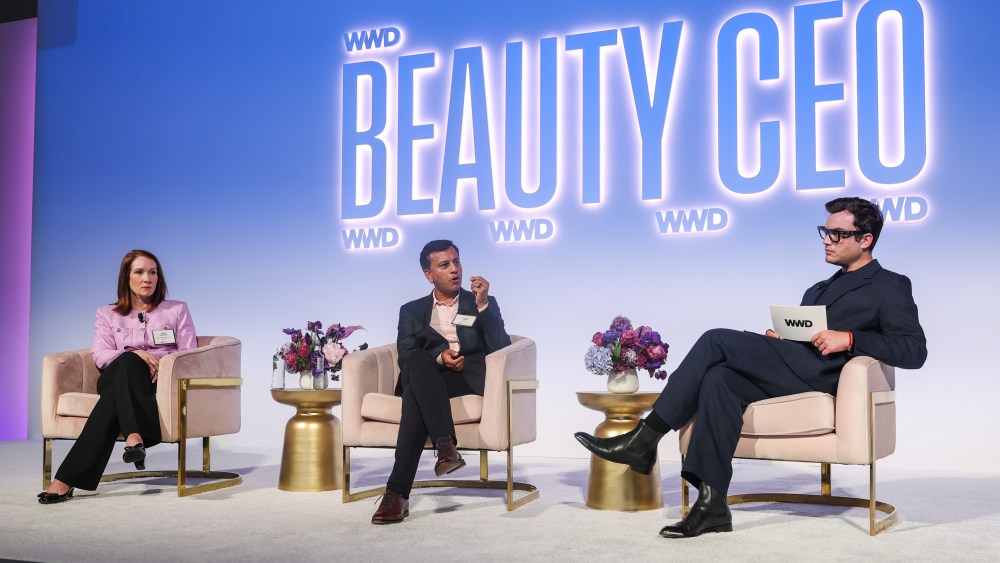In a recent conversation led by Maesa, James Manso, the beauty and fashion market editor for WWD, engaged with Piyush Jain, CEO of Maesa, and Erin George, the managing director of fashion and luxury practice at Boston Consulting Group. Their dialogue centered around Maesa’s innovative approach, highlighting how the company has become a model for success in the beauty industry. Jain emphasized the importance of staying current with societal changes and consumer demands, stating that today’s rapid pace of transformation is unprecedented, yet it will continue to accelerate. He envisions Maesa as a forward-thinking incubator that crafts revolutionary brands while maintaining strong partnerships with retail giants like Target.
Maesa’s commitment to agility and responsiveness has been crucial in navigating the beauty market’s evolving landscape. Jain pointed out that the ability to adapt while staying true to the company’s vision is a significant asset. Key to this strategy is the understanding that “content is king” in today’s marketing arena. Jain elaborated that the company’s brand Fine’ry embodies this principle, functioning as a “content factory” that utilizes artificial intelligence to generate substantial amounts of content quickly. This approach allows Maesa to remain relevant and connected with consumers, offering a steady stream of engagement and promotion for its products.
The speed at which Maesa launches new brands is another indication of its innovative prowess. For example, the intimate care brand Niches & Nooks was developed and brought to market in a mere nine months, showcasing the efficiency and forward momentum characteristic of the company. Erin George added that successful brands in today’s volatile climate should have a clear mission, prioritize customer-centric strategies, and embrace the wealth of data available for decision-making. She stressed that understanding and leveraging artificial intelligence is vital to keeping pace with rapid market developments.
In light of current economic challenges, particularly with tariffs and potential recessionary pressures, George noted that executives are increasingly turning their focus toward cost management rather than solely driving demand generation. Despite concerns about declining consumer spending, she suggested that beauty is expected to remain resilient. With consumer savings still above pre-pandemic levels, the beauty market may not experience the same downturn anticipated in other sectors. This nuanced understanding of consumer behavior and market conditions is central to strategizing for the future.
Jain explained that in uncertain times, Maesa’s focus has been on “controlling the controllable.” The company is committed to innovation and understanding consumer needs to generate demand, leading to impressive growth figures. Notably, two brands launched recently are on track to reach $100 million in sales within just two years, underscoring the effectiveness of their strategies. This growth reflects Jain’s philosophy of prioritizing the consumer experience over rigid category distinctions, allowing flexibility in brand positioning.
Ultimately, the conversation highlighted Maesa’s holistic approach, driven by an unwavering commitment to consumer engagement and trend adaptation. Jain’s passion for understanding consumer wellness—as seen in brands like Being Frenchy—shows that luxury in today’s market means aligning with consumer aspirations, transcending traditional categories. As Maesa continues to innovate and expand, its ability to remain agile while keeping consumer needs at the forefront marks it as a true blueprint for success in the ever-changing beauty industry.

